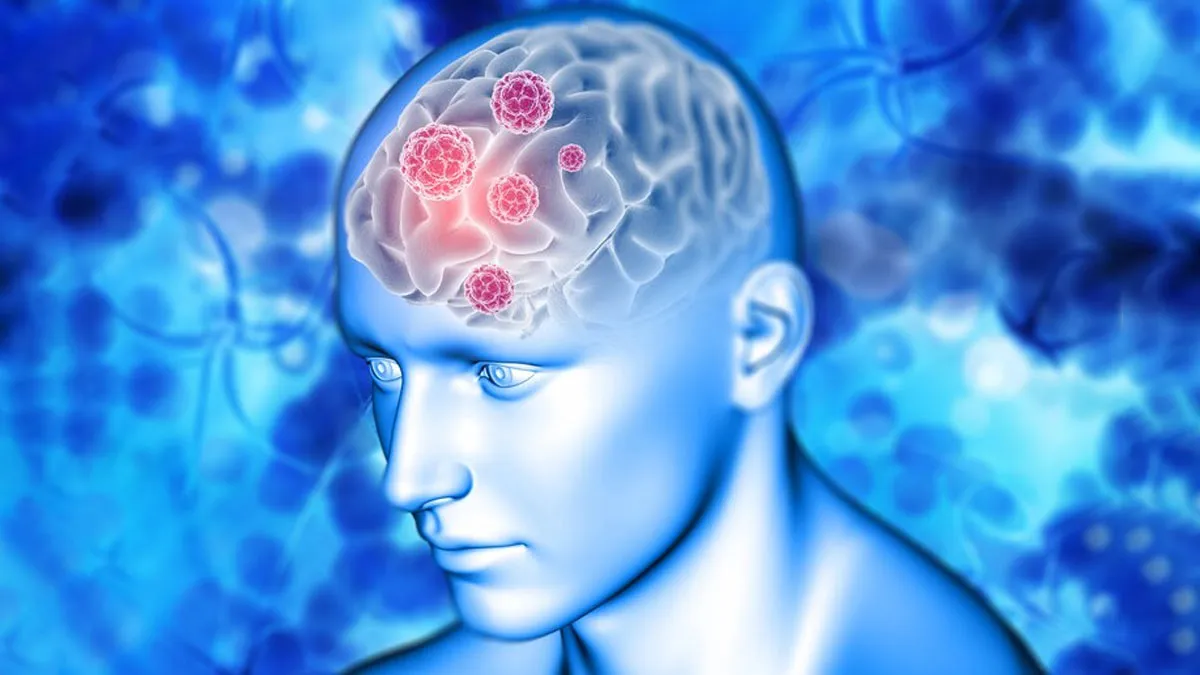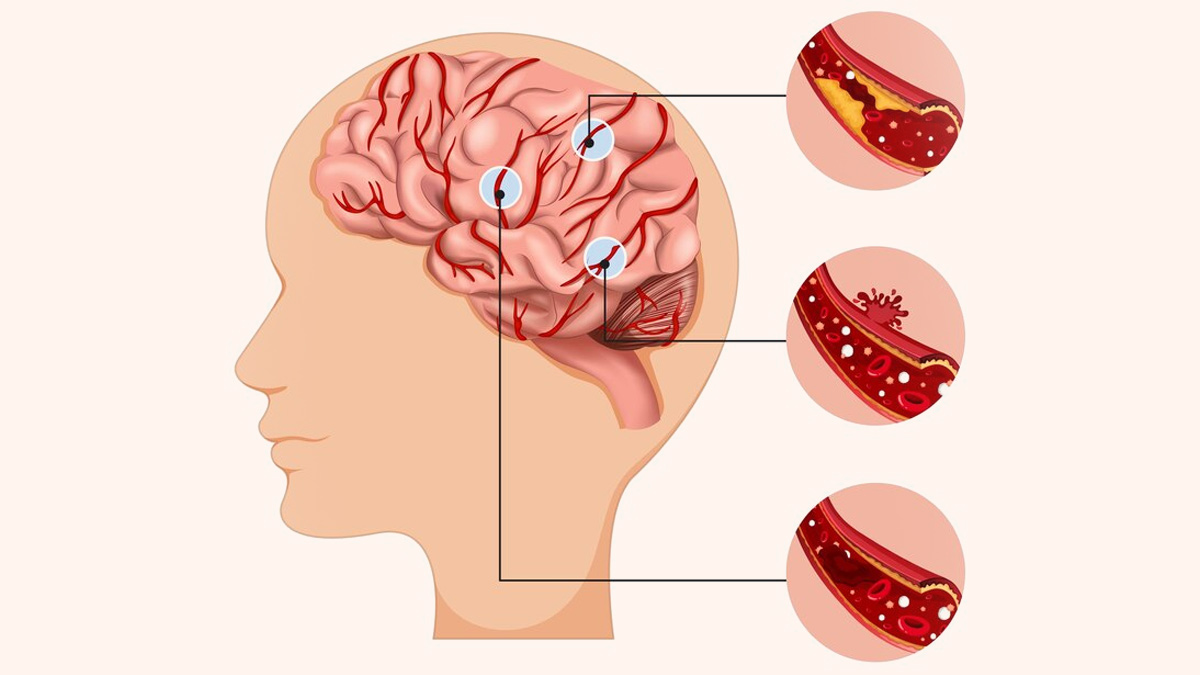
Brain blood clots, commonly known as cerebral thrombosis or clots causing a stroke, can be fatal if not diagnosed and treated on time. If you are wondering how it works, let us understand it together. Clots prevent the passage of blood filled with oxygen to areas of the brain, causing severe complications like a stroke, brain injury, or even death. But why do these clots develop?
Table of Content:-
We asked our expert, Dr Bhumesh Tyagi, Consultant, General Medicine and Physician, Shardacare, Health City, Noida, the same. Read ahead to know more about the risk factors and signs you shouldn't miss.
What Is a Brain Blood Clot?
A blood clot in the brain often occurs when blood becomes thicker and clumps together to block blood vessels that feed the brain. This can cause two large categories of strokes:
- Ischemic Stroke: Results from a blockage as a result of a clot.
- Hemorrhagic Stroke: Results from a ruptured blood vessel.
Causes of Blood Clots in the Brain
1. Atherosclerosis (Narrowed Arteries)
When fatty deposits accumulate within the arteries (a state referred to as atherosclerosis), they can form uneven surfaces that stimulate the formation of blood clots. These clots may, in turn, migrate to the brain and occlude essential blood vessels.
Also Read: Best Dermat-Approved DIY Moisturiser For Acne Prone Skin

2. High Blood Pressure (Hypertension)
High blood pressure over a long period of time can harm blood vessel walls, so they are more likely to form clots. Dr Tyagi highlighted that this one is a major cause of stroke and brain clots.
3. Atrial Fibrillation (Abnormal Heartbeat)
Abnormal heart rhythm or any disorder in it may lead to pooling of blood in the heart, and thus the possibility of clot formation. Such clots can travel to the brain and cause a stroke.
4. Head or Neck Injury
Trauma is capable of injuring blood vessels, and this injury has the potential to cause clots either instantaneously or down the road in the healing process. Dr Tyagi noted that this usually is caused because of a road accident, or accidentally falling from a height.
5. Blood or Genetic Disorders
Certain individuals possess clotting disorders such as thrombophilia, that predispose their blood toward clotting. Such inherited disorders greatly increase the risk of cerebral clots.
6. Diabetes
Poorly managed blood sugar levels may harm blood vessels and enhance the risk of clot formation.

Warning Signs of a Brain Clot
Symptoms of a blood clot in the brain usually come on suddenly and may involve:
- Sudden weakness or numbness, particularly on one side of the body
- Trouble speaking or confusion
- Vision changes in one or both eyes
- Severe headache with no apparent cause
- Loss of balance or coordination
If you or someone nearby has these symptoms, call emergency medical help right away.
Bottomline
Brain blood clots are severe but can mostly be averted with proper lifestyle modifications and medical care at the right time. Knowing the causes and identifying symptoms early on, you can take responsible actions to safeguard your brain's health and lower your stroke risk. In case of a history of stroke or blood clot in your family, regular follow-ups and honest communication with your physician can prove to be a lifesaver.
Also watch this video
How we keep this article up to date:
We work with experts and keep a close eye on the latest in health and wellness. Whenever there is a new research or helpful information, we update our articles with accurate and useful advice.
Current Version